Wisconsinite drummer Butch Vig, Nebraskan guitarist Duke Erikson, and Minnesotan guitarist Steve Marker met in the late ’70s in Madison, Wisconsin. Although Erikson and Vig’s bands Spooner and Fire Town each released a couple of well-received albums, it was really Smart Studios, which Vig and Marker founded in Madison in 1983, that made the Midwestern trio into key players in the burgeoning indie rock scene.
By the mid-’90s, Vig was one of alternative rock’s top producers after working on game-changing hits like Nirvana’s Nevermind and the Smashing Pumpkins’ Siamese Dream. He also worked steadily with Erikson and Marker as a team, remixing singles for acts like Depeche Mode and Nine Inch Nails, and the trio wanted to channel the beat-heavy aesthetic of their remixes into a band. Marker saw the Scottish band Angelfish’s video “Suffocate Me” on MTV’s 120 Minutes, and sought out Angelfish’s Shirley Manson to be the lead singer of their new project.
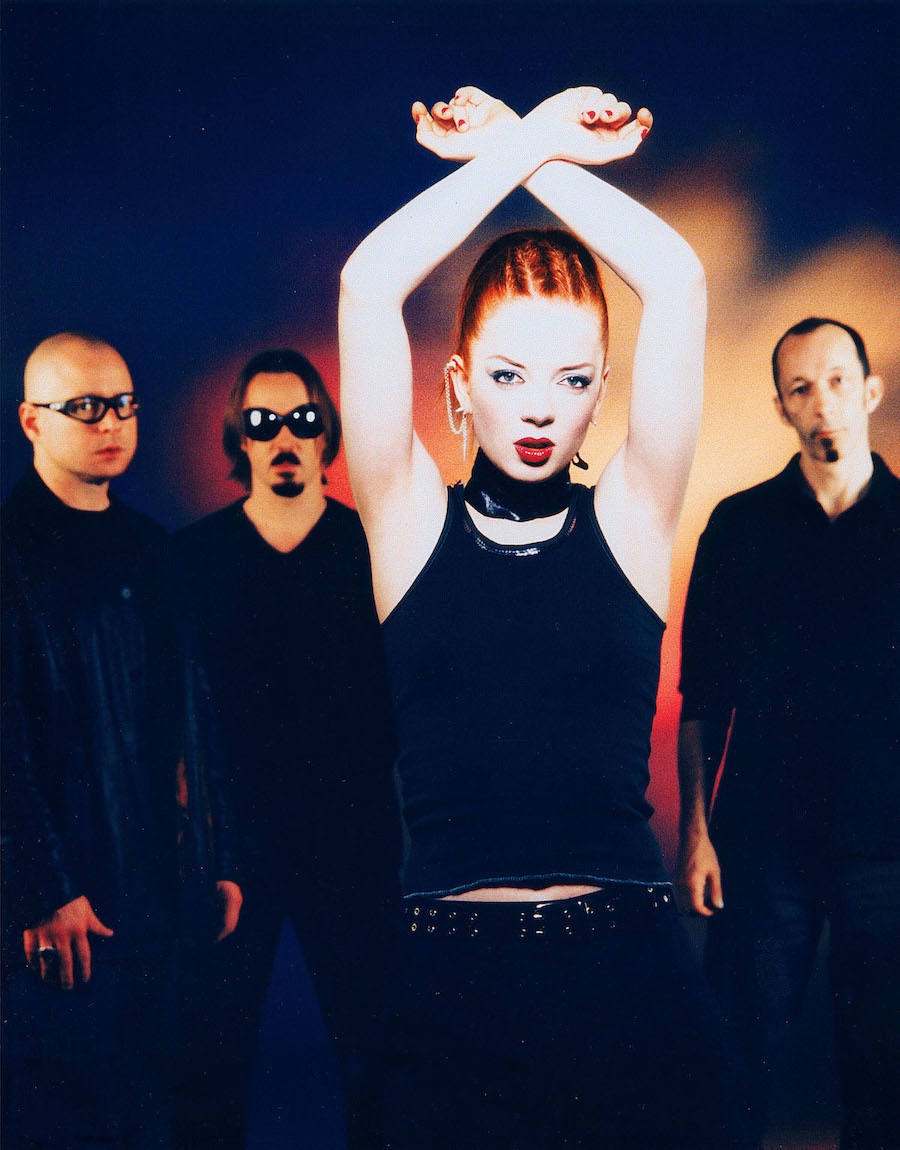
With Manson as their charismatic redheaded frontwoman, the three seasoned American producers/musicians dubbed their new band Garbage, releasing a self-titled debut album on August 15, 1995. Becoming an alternative radio fixture with singles like “Only Happy When It Rains,” “#1 Crush,” and “Special,” Garbage has sold over 17 million albums worldwide, and the band’s eighth proper album Let All That We Imagine Be the Light was released in May. With the transatlantic quartet heading out on tour this fall and still going strong after 30 years, here’s a look back at the best and worst of Garbage’s catalog.
9. Copy/Paste (2024)
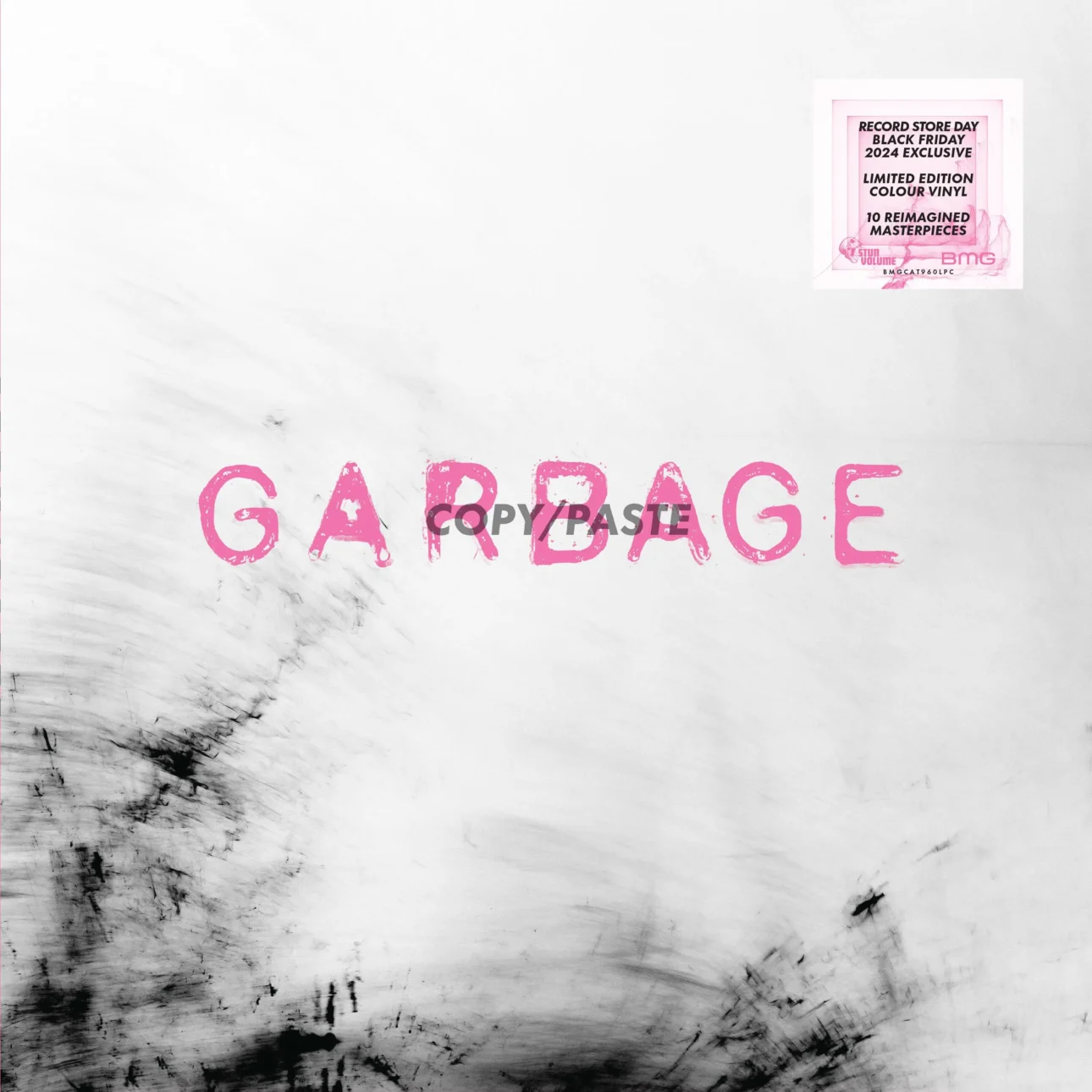

Garbage has been regularly releasing covers on single B-sides and compilations since the very beginning, and last year the band compiled some of their best covers into a limited Record Store Day release that included one new recording, a rendition of the Psychedelic Furs hit “Love My Way.” Other than Siouxsie and the Banshees’ “Cities in Dust” and a duet of Patti Smith’s “Because the Night” with Marissa Paternoster of Screaming Females, Manson mostly tackles songs that were originally sung by men on Copy/Paste, putting her own distinctive stamp on songs by Tim Buckley and U2. It’s interesting to hear the Jam’s “The Butterfly Collector” filtered through Garbage’s techno-pop aesthetic, but nobody ever needed a version of Big Star’s swooning acoustic classic “Thirteen” with a thumping drum loop.
8. No Gods No Masters (2021)
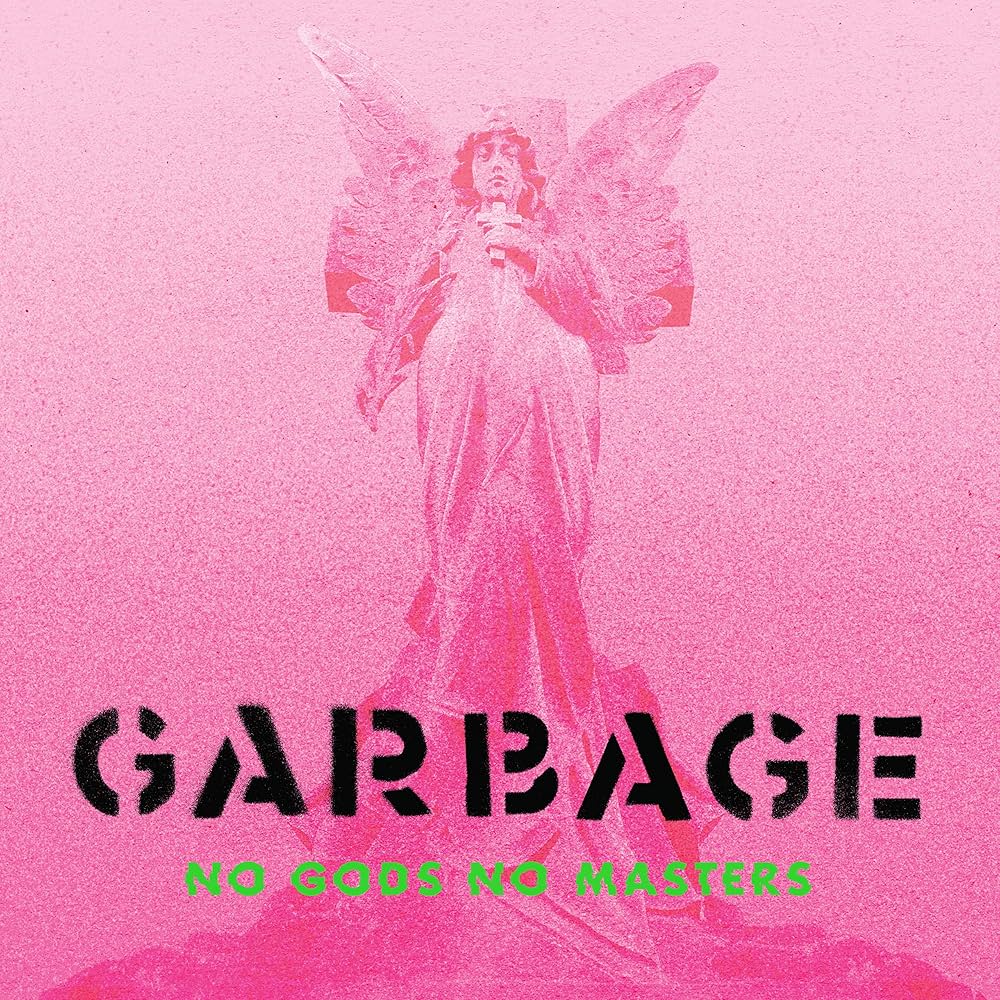

Garbage’s seventh album was an ambitious song cycle, with Manson weaving numerology and the seven deadly sins into a fiery set of lyrics that took aim at capitalism, sexism, and organized religion. Unfortunately, the band only occasionally puts together music on “Godhead” and “Wolves” that matches the fiery intensity of her words. And “Flipping the Bird,” which sounds like a lost ’80s college radio hit, is an appealing pivot to a slightly brighter sound. “Manson and her crew don’t regard songs as vehicles for self-expression so much as iconographic collages, fan letters to a shared past, and demonstrations of mixing-board flimflammery,” Alfred Soto wrote in the Pitchfork review of No Gods No Masters.
7. Not Your Kind of People (2012)
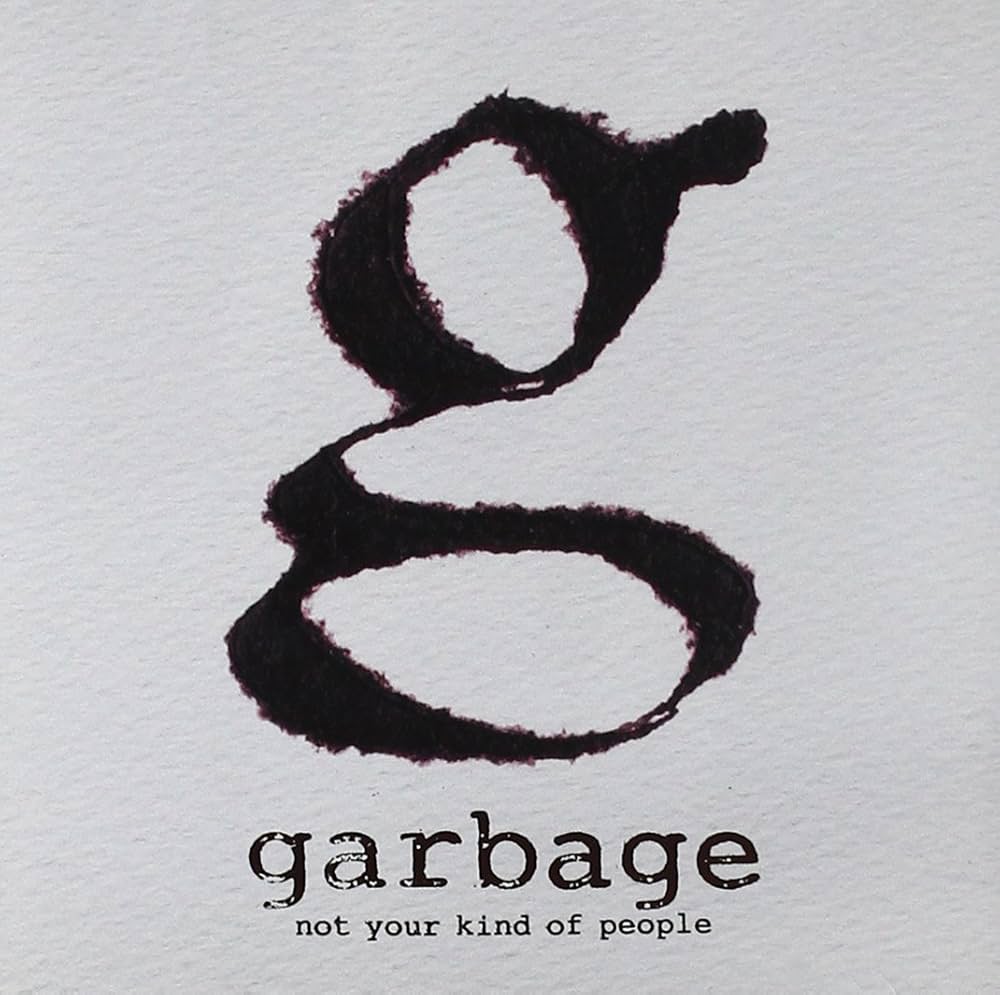

Garbage went on an extended hiatus after releasing the 2007 hits package Absolute Garbage, and Manson worked on a solo album that she ultimately never released. Eventually Garbage reconvened, using some of the material Manson had started writing on her own. But the band’s first album for their own label Stunvolume is a little hit-and-miss, and “Automatic Systematic Habit” and “Blood for Poppies” are some of the most grating, charmless tracks in their catalog. “Battle in Me” has wonderfully jarring moments of silence in its pounding, bombastic chorus, and “I Hate Me” is a noisy, danceable pop song in the classic Garbage tradition, but the rest of Not Your Kind of People rarely lives up to that high standard.
6. Let All That We Imagine Be the Light (2025)


“Chinese Fire Horse” is Manson’s defiant statement as a 58-year-old rock star who’s still great at her job, shouting down anyone that would suggest she’s too old and “should just retire.” Few long-running bands can make a song in 2025 like “Get Out My Face AKA Bad Kitty” that sounds like they could’ve made it back in 1995. And even if the band’s consistency means that Let All That We Imagine Be the Light offers no real surprises, it also rarely disappoints.
5. Strange Little Birds (2016)
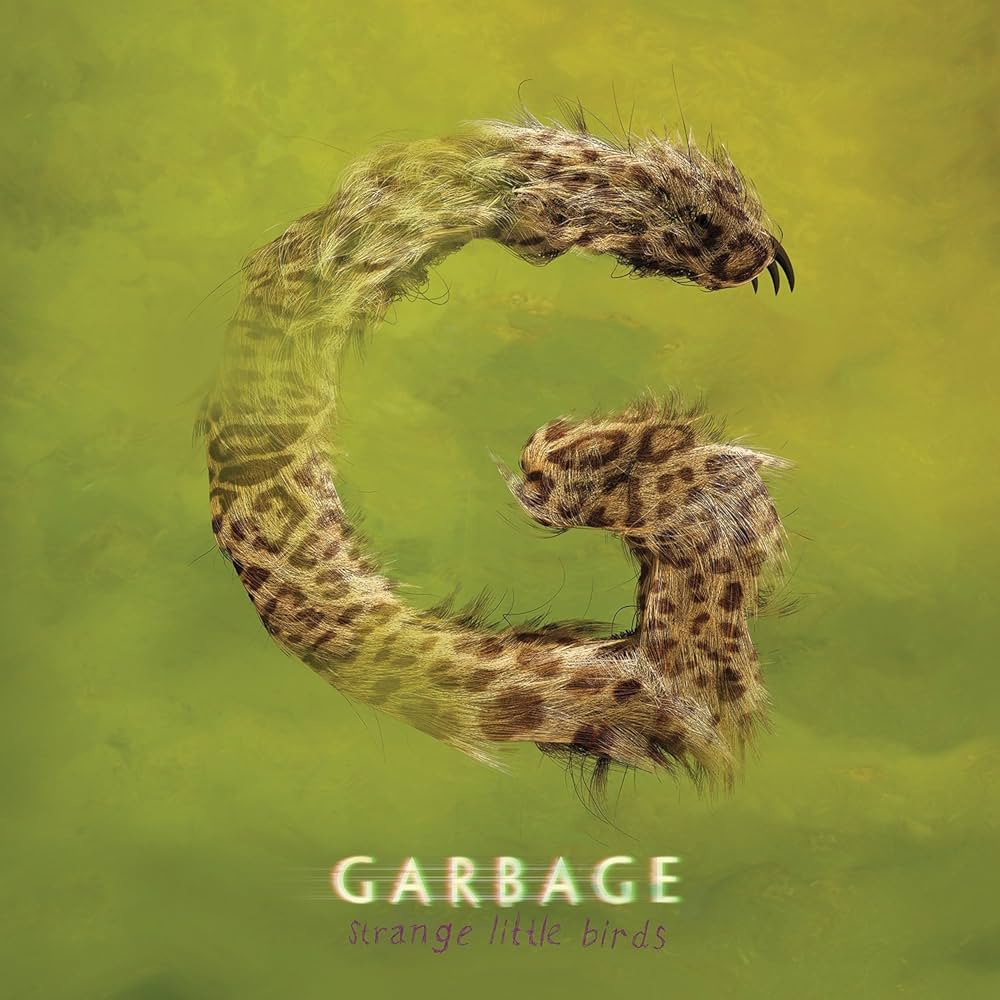

Strange Little Birds is far from the most immediate Garbage album, but if you enjoy the band’s moodier trip hop excursions, it could very well be your favorite. “Night Drive Loneliness” and “Even Though Our Love is Doomed” feel like a long dark journey that ends when the first chorus of “Magnetized” hits like a bright explosion of melody. Eric Avery served as Garbage’s touring bassist from 2005 to 2022, and Strange Little Birds is the only Garbage album that features him on more than half the tracks, with the Jane’s Addiction co-founder making his mark most memorably on the propulsive stadium rocker “So We Can Stay Alive.” “You can hear the confidence in their own hooks and their own sounds,” Theon Weber wrote in the SPIN review of Strange Little Birds.
4. Beautiful Garbage (2001)
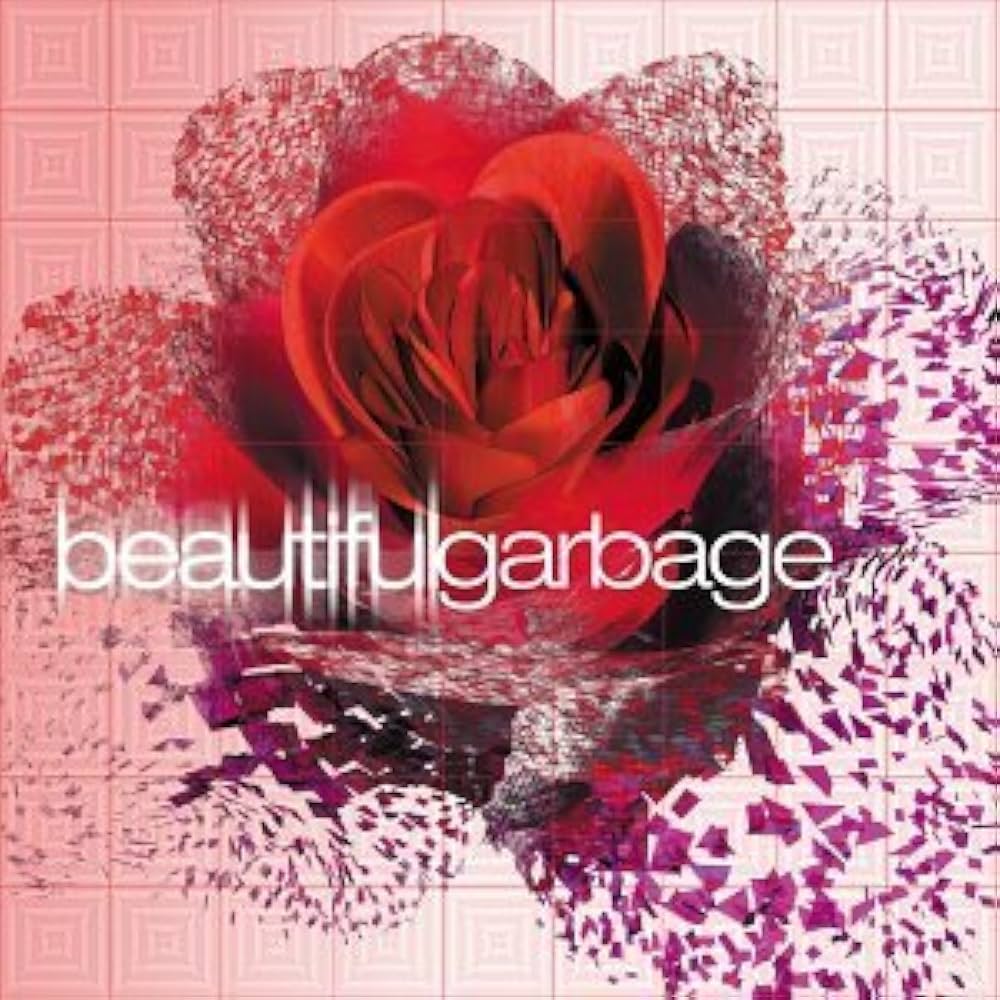

Garbage has always specialized in stirring together cutting edge sounds and nostalgic homages, but the songs on Beautiful Garbage seemed to steer hard into either the past or the present. “Unstoppable” and the lead single “Androgyny” were inspired by the sleek minimalism of mainstream hip-hop—the Neptunes were even enlisted to remix the latter track. And on the other end of the spectrum, the band flirts with ’60s balladry on the Phil Spector homage “Can’t Cry These Tears” and the haunting theremin melody of “Cup of Coffee.”
3. Bleed Like Me (2005)
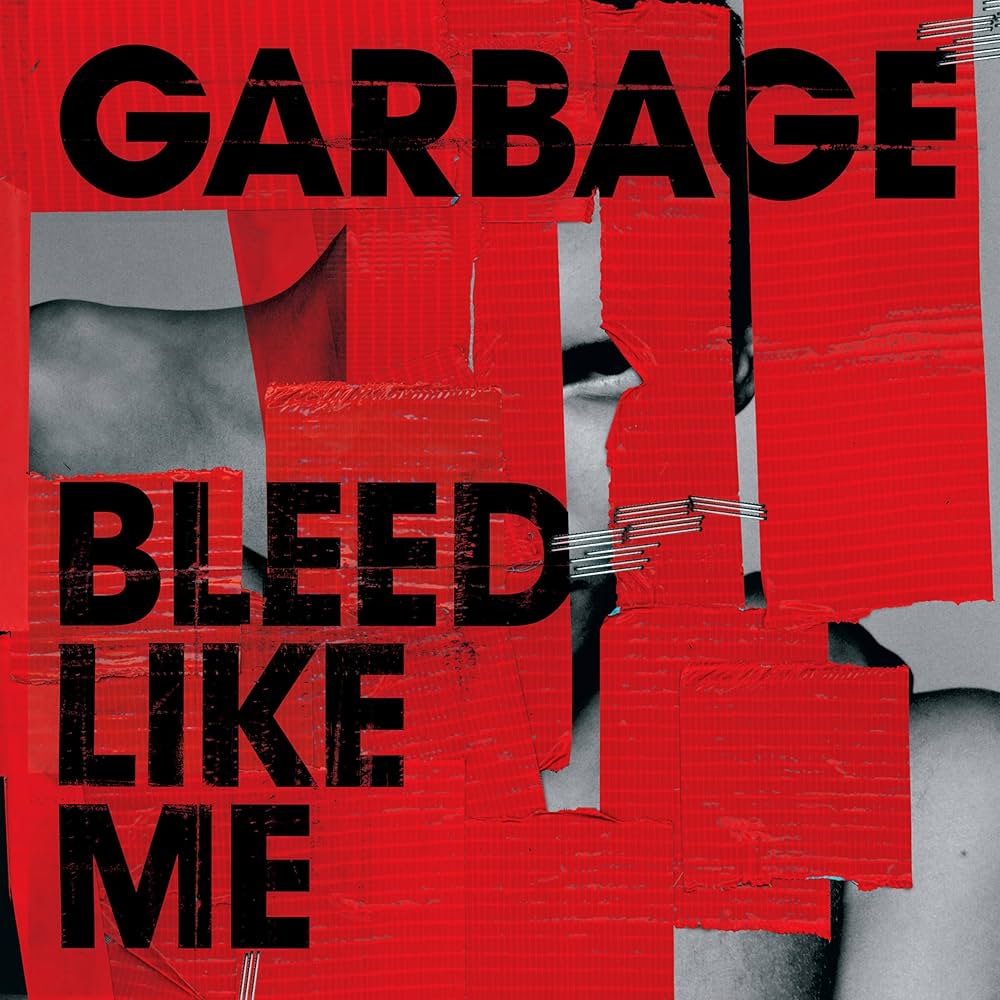

Matt Walker (Filter, The Smashing Pumpkins) played drums for Garbage on a 2002 tour when Vig was sidelined by an ear infection. And on the band’s next studio album, Vig focused more on guitar and production, with Dave Grohl drumming on the bombastic opening track “Bad Boyfriend” and Walker keeping time on the majority of the other songs. Rebounding from radio’s cool reception to Beautiful Garbage, with the hit “Why Do You Love Me,” Bleed Like Me is both Garbage’s hardest-rocking album and their highest-charting effort in the U.S., peaking at No. 4 on the Billboard 200.
2. Garbage (1995)
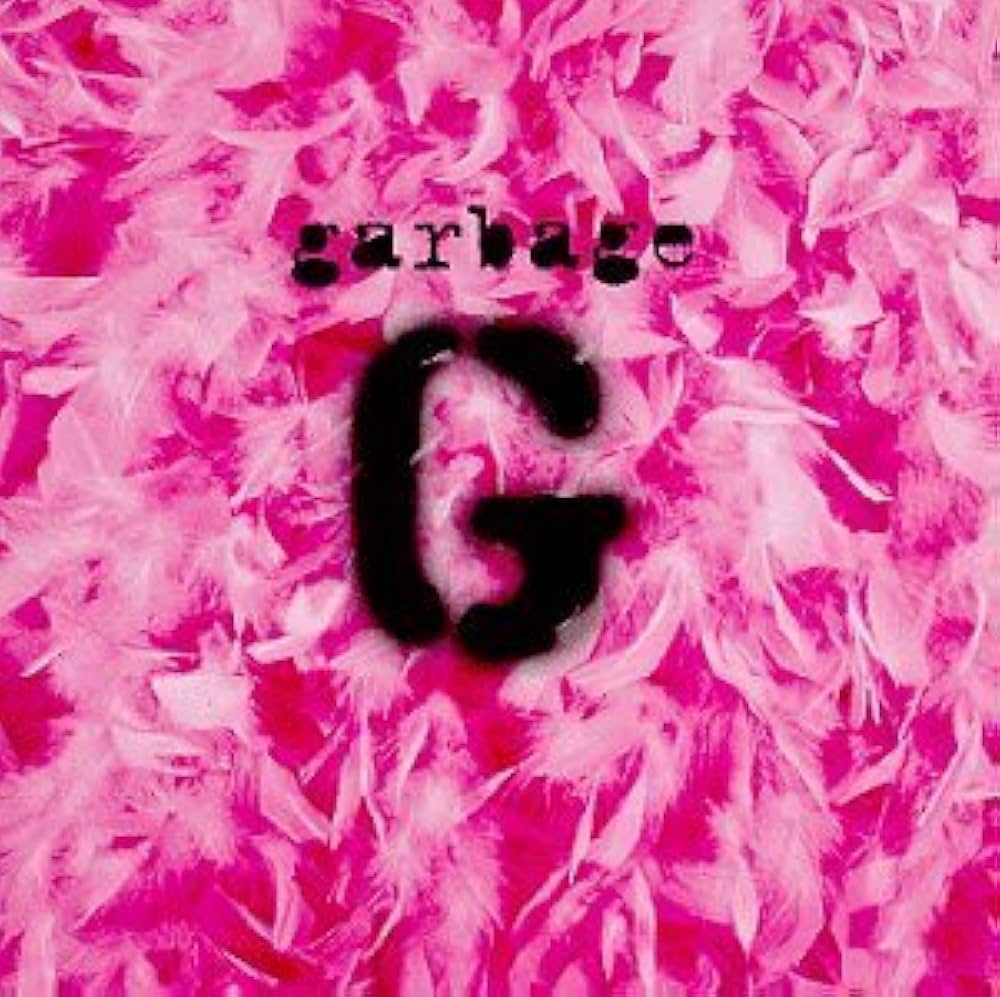

By the mid-’90s, so-called alternative rock had effectively become the mainstream, but most of the post-grunge and punk pop bands on the radio seemed vaguely embarrassed about their platinum plaques, self-consciously touting their indie cred and lack of rock star artifice. The members of Garbage all had years of underground experience in less successful bands, but the band’s self-titled debut was an unapologetic collection of shiny hooks, pushed over the top by a frontwoman who actually seemed comfortable in the spotlight. Garbage wasn’t an overnight sensation—the fourth single, “Stupid Girl,” became the album’s biggest hit almost exactly a year after its release. But in their brazen pursuit of the pleasure of bubblegum melodies and state-of-the-art soundscapes, Garbage went against the grain and had to work to win over skeptics, one hit at a time. “Garbage screw around with dance pulses and guitar tones, pop concision and 12-inch madness, highly flown confessions and teenage thrills,” James Hunter wrote in the Rolling Stone review of Garbage.
1. Version 2.0 (1998)
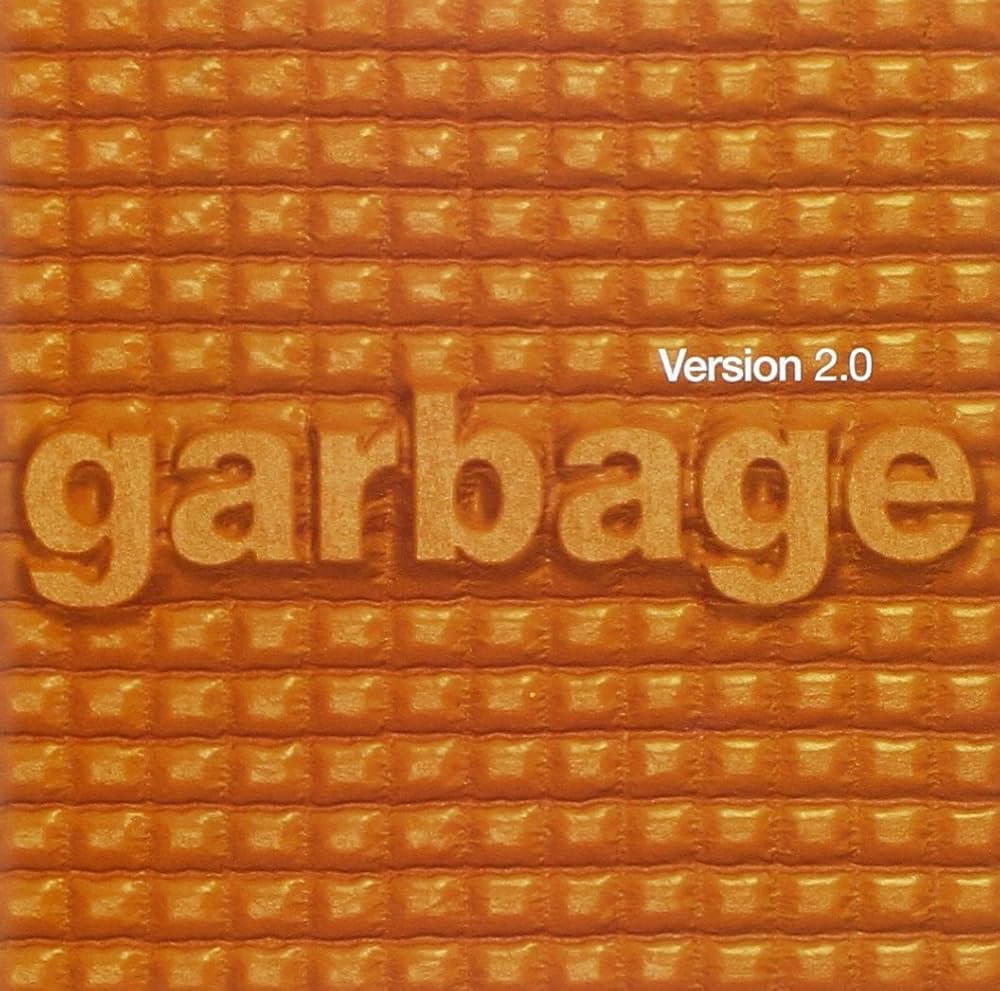

Using the language of tech in music is old hat now, but Garbage’s second album was ahead of the curve with a title that sounded more like a software update than a sequel or follow-up, leaning into the band’s image as a calculating corporation of mercenary hitmakers. The crunching percussion of industrial rock, the seasick guitar tremors of shoegaze, and the brooding intelligence of past indie rock femme fatales from Siouxsie Sioux to PJ Harvey are all thrown into the band’s Pro Tools blender on Version 2.0. But Manson’s snarl is distinctive enough that “When I Grow Up” and “I Think I’m Paranoid” could only have come from Garbage, not one of their C-list contemporaries like Republica or the Sneaker Pimps. Like its predecessor, Version 2.0 camped out on the charts for a year with four hit singles, but this time Garbage also became an underdog nominee for the Grammy for Album of the Year, going up against Madonna, Sheryl Crow, Shania Twain, and a victorious Lauryn Hill.




